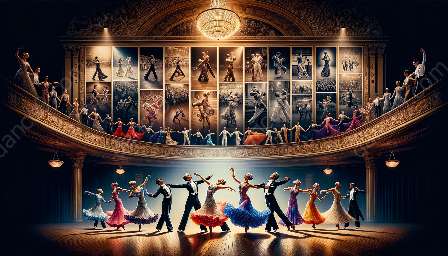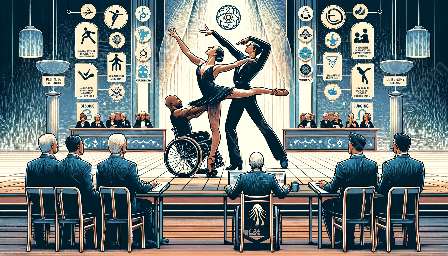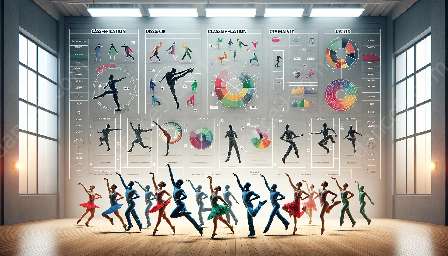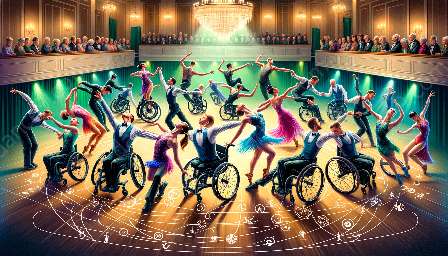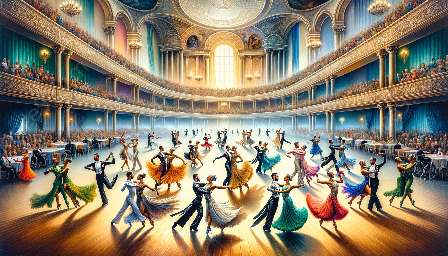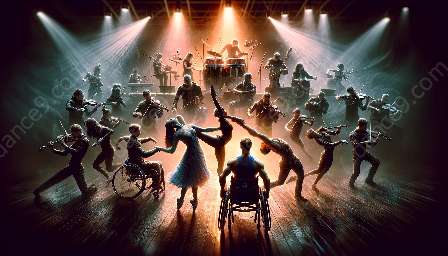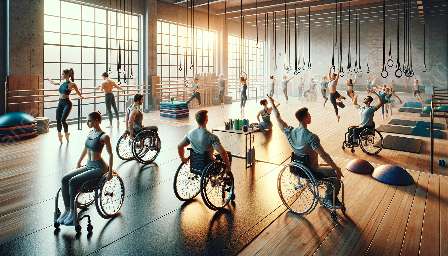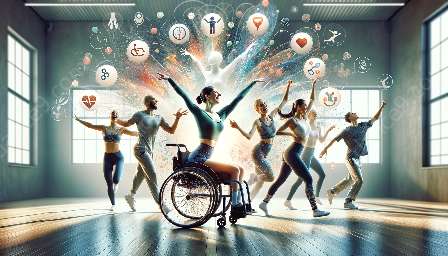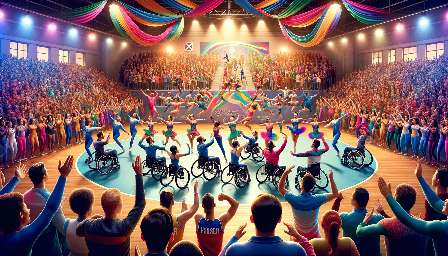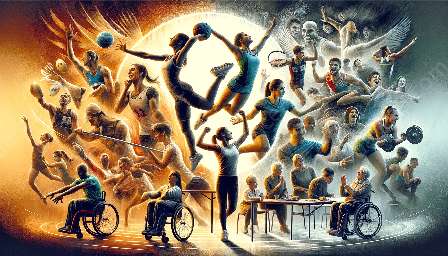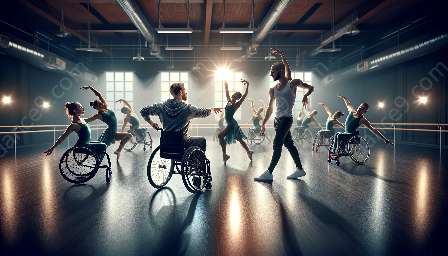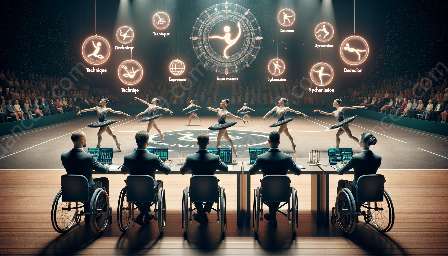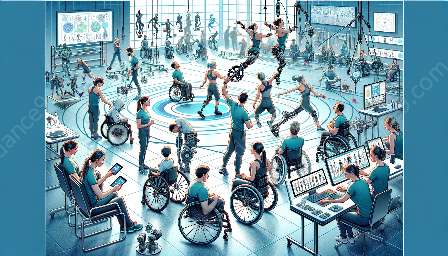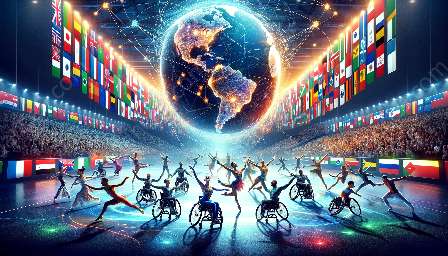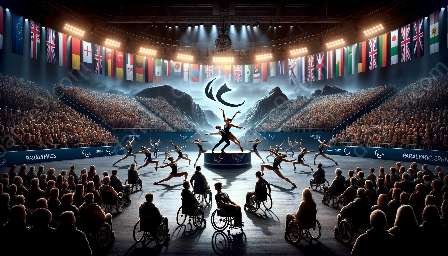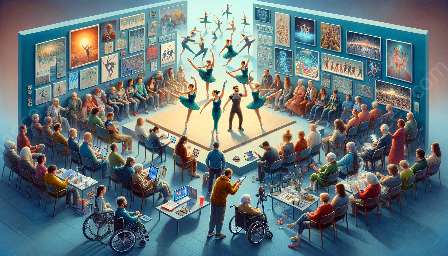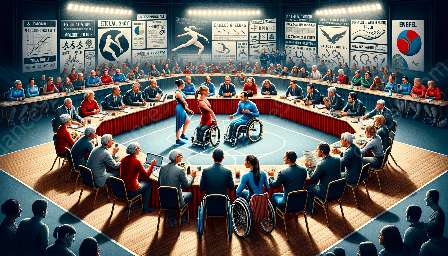The Significance of Educational Programs for Instructors in Para Dance Sport
Para dance sport, also known as wheelchair dance sport, is an inclusive sport that allows individuals with physical and/or intellectual disabilities to participate in competitive dance. In recent years, the interest and participation in para dance sport have grown significantly, leading to the need for specialized and comprehensive educational programs for instructors who teach and facilitate para dance sport activities. These programs play a crucial role in promoting inclusivity, skill development, and effective instruction for individuals with disabilities.
Socio-Cultural Perspectives on Para Dance Sport
From a socio-cultural perspective, para dance sport holds immense value in promoting diversity, inclusivity, and empowerment. Educational programs for instructors in para dance sport should take into account the cultural and social contexts in which individuals with disabilities are situated. Understanding the socio-cultural perspectives on para dance sport is essential for instructors to create an inclusive and supportive environment for their students, fostering a sense of community and empowerment.
World Para Dance Sport Championships
The World Para Dance Sport Championships serve as a pinnacle event in the sport, bringing together athletes, instructors, and enthusiasts from around the globe. Educational programs for instructors play a crucial role in preparing athletes for such high-level competitions, ensuring that they receive top-quality training and coaching. These programs also contribute to the overall development and recognition of para dance sport at an international level.
The Content of Educational Programs
Educational programs for instructors in para dance sport cover a wide range of topics to equip them with the necessary knowledge and skills to effectively teach and support individuals with disabilities. These programs often include training in adapted dance techniques, disability awareness and sensitivity training, inclusive teaching methods, and strategies for creating a supportive and inclusive learning environment.
Implementing Inclusive Teaching Strategies
One of the key focuses of educational programs is on implementing inclusive teaching strategies. Instructors learn how to adapt dance movements and techniques to accommodate the diverse needs and abilities of their students. They are trained to use creative and adaptive approaches to enable all individuals, regardless of their physical or intellectual abilities, to participate fully in the dance sport experience.
Promoting Empowerment and Confidence
Educational programs for instructors also emphasize the importance of promoting empowerment and confidence among individuals with disabilities. Instructors are taught how to create a supportive and encouraging environment that fosters self-expression, creativity, and self-confidence. By instilling a sense of accomplishment and pride in their students, instructors can positively impact the lives of individuals with disabilities through para dance sport.
Conclusion
Overall, educational programs for instructors in para dance sport are essential for the continued growth, development, and inclusivity of the sport. By understanding the socio-cultural perspectives on para dance sport and recognizing the significance of the World Para Dance Sport Championships, instructors can enhance their knowledge and teaching skills to positively impact the lives of individuals with disabilities through the power of dance.

